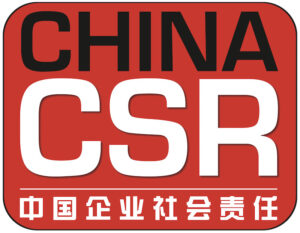The 2009 Shanghai College Graduate Employment White Paper has been formally published.
Compiled by Shanghai Municipal Education Commission in conjunction with other relevant departments, the White Paper introduces the employment situation of students who graduated from institutions of higher learning in Shanghai in 2009.
The White Paper says that there were 158,000 college graduates in Shanghai in 2009. Despite the global financial crisis, the employment rate for the city's college graduates in the year was basically at the same level with that of the previous year, reaching 90.63% by September 1, 2009. The White Paper shows that female graduates were no longer at a disadvantage in finding a job in this year. In fact their employment rate was 2.42 percentage points higher than that of male graduates.
In addition, the White Paper says that the graduates seemed to be no longer so fascinated with Shanghai as their precedents. About 120,000 of the graduates stayed in Shanghai after their graduation, which was a decrease of 11% over that of the year before. Meanwhile, more graduates chose to work in the rural areas or the western part of the country to fulfill their social responsibilities.
The white paper says that graduates of prestigious universities in Shanghai got the highest salary (averaging CNY3,700 a month) and those from the occupational schools received the least. The white paper points out that the salary that graduates get went in proportion to their education background. Graduates working in the finance and insurance industry got the highest salaries, followed by those working in government departments and social organizations. Those who work in the health, sports and social welfare organizations received the lowest pay.
The white paper shows that 46.2% of the employers will first consider the major of a graduate, then their knowledge and skills, social practice, experience and the reputation of the university from which they graduated, before offering them a position.
The white paper says employers spoke highly of the roles the universities play in employment guidance, but less than 30% of the newly graduated students were satisfied with the school's employment guidance initiatives.
The white paper says that science, medicine and management are the three most popular subjects for employers. In comparison, students of philosophy and history were less advantaged in finding a job.
It is learned that there will be 168,000 college graduates in Shanghai in 2010, an increase of 6.3% over the previous year.

